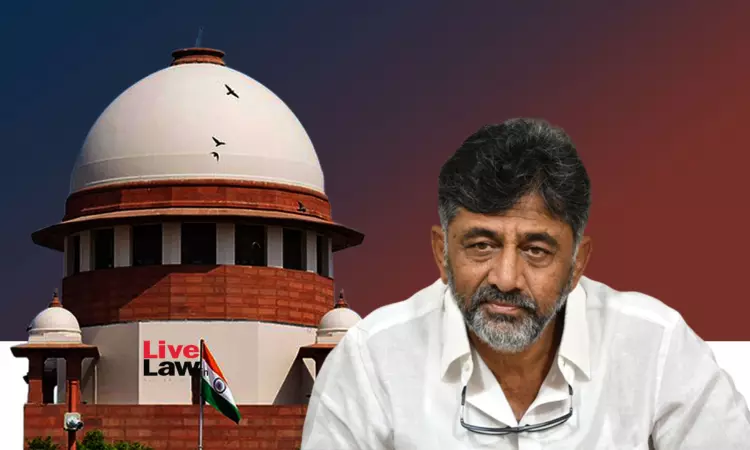The Supreme Court yesterday issued notice on Central Bureau of Investigation's petition challenging Karnataka government's withdrawal of consent for probe against Congress leader and Deputy CM DK Shivakumar in a disproportionate assets case.A bench of Justices Surya Kant and Ujjal Bhuyan passed the order, tagging the case with another petition assailing the withdrawal of consent, filed by BJP...

